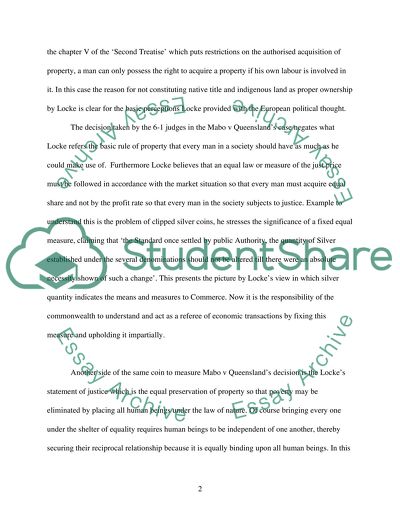Cite this document
(“The Philosophy of John Locke Book Report/Review”, n.d.)
Retrieved from https://studentshare.org/philosophy/1525014-the-philosophy-of-john-locke
Retrieved from https://studentshare.org/philosophy/1525014-the-philosophy-of-john-locke
(The Philosophy of John Locke Book Report/Review)
https://studentshare.org/philosophy/1525014-the-philosophy-of-john-locke.
https://studentshare.org/philosophy/1525014-the-philosophy-of-john-locke.
“The Philosophy of John Locke Book Report/Review”, n.d. https://studentshare.org/philosophy/1525014-the-philosophy-of-john-locke.


